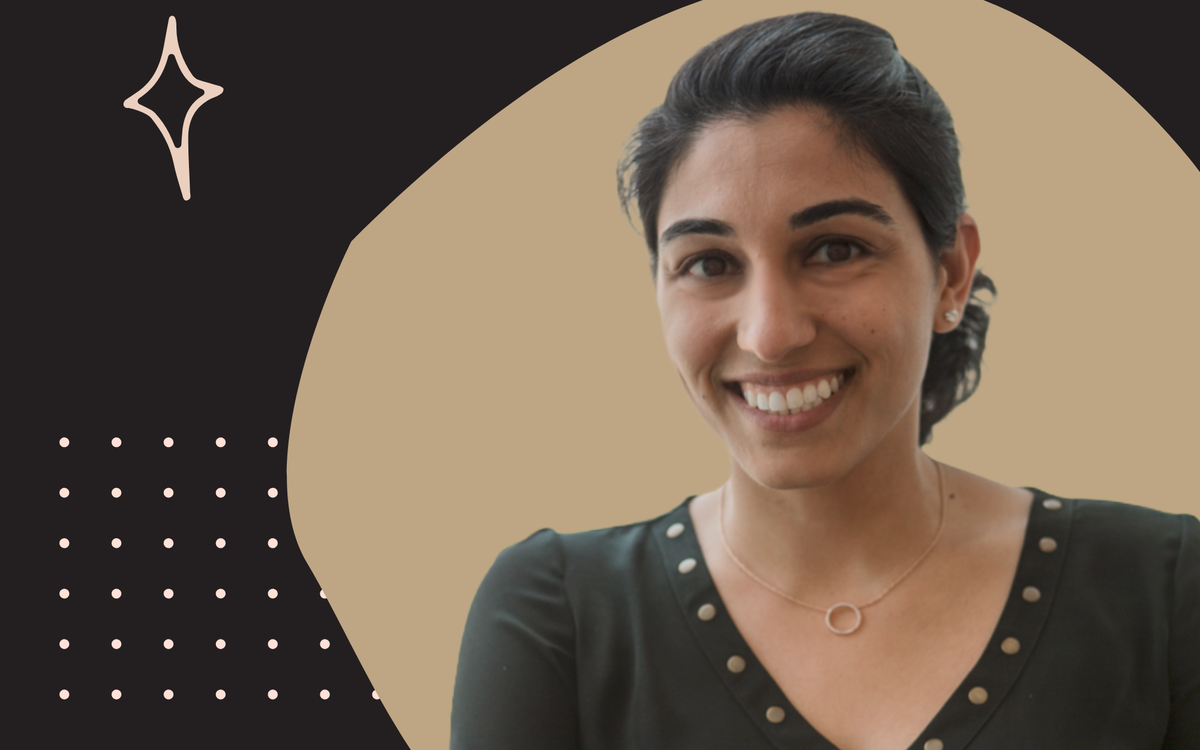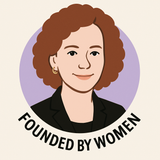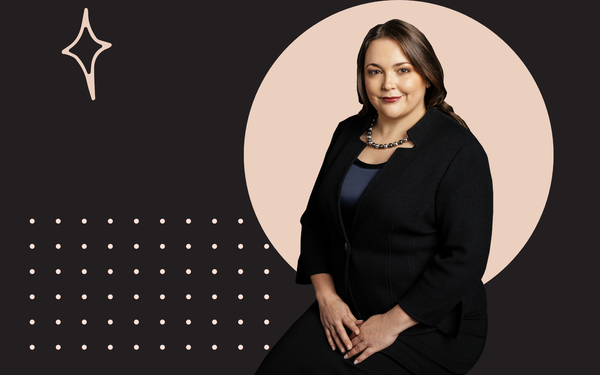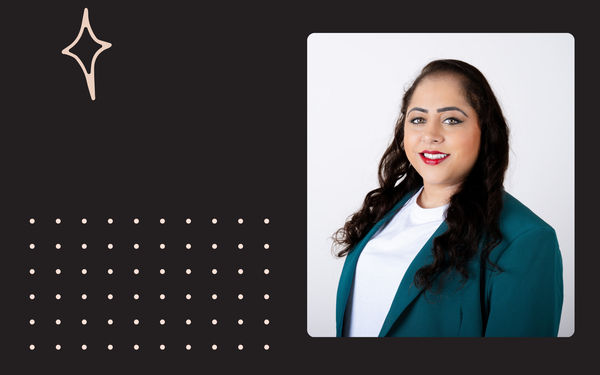Q&A with Tanaz Mody, Head of People and Talent at Lerer Hippeau

From big tech recruitment to co-founding her own startup, Tanaz Mody has spent her career at the intersection of talent and high-growth companies. Now, as Head of People and Talent at early-stage venture firm Lerer Hippeau, she works closely with founders to build strong, scalable teams from the ground up.
Tanaz’s journey into the startup world began when she led an early-stage company, DramaFever, through two acquisitions, while scaling a company from 20 to 250 employees. That experience hooked her—she fell in love with the fast-paced, ever-changing nature of early-stage companies. Since then, she’s worked with digital fitness leader Aaptiv, co-founded her own venture (Olmo), recruited top-tier CEOs at startup studio Mechanism Ventures, and even rode the crypto wave as part of the founding team at HQ, a DCG subsidiary.
Outside of work, Tanaz is a mom of three girls, proving that it’s possible to thrive in the chaotic, exhilarating world of startups while raising the next generation of strong women. We sat down with her to talk about scaling teams, navigating acquisitions, and what founders often get wrong about hiring.
1. From starting out in big tech focusing on recruitment to becoming the Head of People in the dynamic startup space, how has your journey influenced your approach to managing people and talent, especially through significant transitions like acquisitions and rapid scaling?
Yes definitely! My early experience in big tech recruiting had a huge impact on how I approach people and talent today. I’ve found that HR leaders who haven’t recruited often underestimate just how hard it is to find the right person. To recruit well, you have to deeply understand the business — what success looks like in a role, how a team operates, and what kind of person will truly thrive. That foundation shapes how I think about everything from onboarding to retention to knowing when it’s time to part ways.
I feel strongly that talent acquisition can either make or break your company. That perspective has stayed with me through transitions like acquisitions and rapid scaling, where hiring and culture pressures are intense. It’s also shaped how I think about culture fit — a balance of skills and values. For me, it’s 50% skill fit and 50% culture.
2. Your transition from tech and startups to founding your own company, Olmo, showcases a diverse set of experiences. What key lessons have you learned about people management and company culture in early-stage companies from these varied roles?
One of the biggest lessons I’ve learned is that every company culture is truly unique — and that’s because every company is made up of different people. There’s no one-size-fits-all approach to people management, especially in early-stage companies. What works in one environment may not translate to another, which is why leaders need to be intentional and thoughtful about the team they’re building and the culture they’re shaping.
Across my experiences — from early-stage startups to founding Olmo — the constant has been the importance of focus and clarity. A leader’s most critical job is to make sure the team knows exactly where they’re going and what it takes to get there. Without that direction, even the most talented team can lose momentum. Culture isn't just values on a wall — it's how people align, communicate, and show up every day to move the company forward.
3. With your unique position at Lerer Hippeau, an early-stage venture firm, how do you work with founders to lay strong foundations in the People/Talent area, and what are some common challenges you help them navigate?
At Lerer Hippeau, my goal is to get founders excited not just about building a great product, but about building a great company — and that starts with people. I like to begin our first conversation by asking them about the most excellent team they've ever been part of. What made it stand out? What were the qualities, the behaviors, and the dynamics that made it memorable? That reflection helps them start thinking intentionally about the culture they want to create — not just the one that happens by default.
From there, I work with them to lay strong foundations in areas like hiring strategy, org design, onboarding, and performance management. A common challenge is that early-stage founders often feel pressure to move fast and “figure out people stuff later.” But if they don’t get the basics right early on — clear roles, good communication habits, aligned values — they end up paying for it down the line. My role is to help them balance speed with intention so they’re not just building quickly, but building well.
4. Having been a part of the fast-evolving sectors like crypto and digital streaming, how do you adapt People and Talent strategies to keep pace with industry changes while ensuring a cohesive team dynamic?
Things are constantly changing across all industries, and the pace of that change has only accelerated — especially in sectors like crypto and digital streaming. When it comes to People and Talent strategies, the key is staying adaptable and refusing to get too comfortable with the status quo. Just because something has worked in the past doesn’t mean it’s the right approach for the future.
I believe if you're doing something the same way for more than a year or two, you're probably missing opportunities for efficiency or innovation. It’s critical to step back regularly — at least annually — and evaluate how your team is operating. Are there better tools, faster processes, or smarter ways to structure your org? If you're not asking those questions, you're not keeping up with the pace of change. A strong team dynamic doesn’t come from rigid systems — it comes from clarity, agility, and a willingness to evolve.
5. Balancing a high-impact career and being a mom of three girls, how do you integrate work-life balance principles into your leadership and advisory roles, particularly in guiding startups on creating supportive and flexible workplace environments?
Balancing a career with being a wife and a mom of three girls is less about achieving perfect balance and more about being intentional with focus. I’ve learned to be really clear about what matters most, and I try to be fully present wherever I am — whether that’s at work or with my family. I live by the same advice I often give to founders: know your priorities and let them guide your decisions.
That means not getting distracted by what others are prioritizing, but instead recognizing my needs. Personally, it's showing up for school activities where I can connect with my kids. Professionally, it means choosing the right networking events rather than trying to attend everything. The more focused I am, the better I feel about the choices I’m making — both as a parent and a professional. And I encourage founders to think the same way: create supportive, flexible environments that allow people to show up as their whole selves.
Are you a woman leader with an inspiring journey to tell? Founded by Women is on a mission to elevate and amplify the voices of women making an impact.
If you're breaking barriers, driving change, or paving the way for others, we’d love to feature your story. Get in touch with us today!
👉 Contact Us


